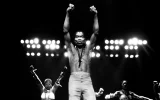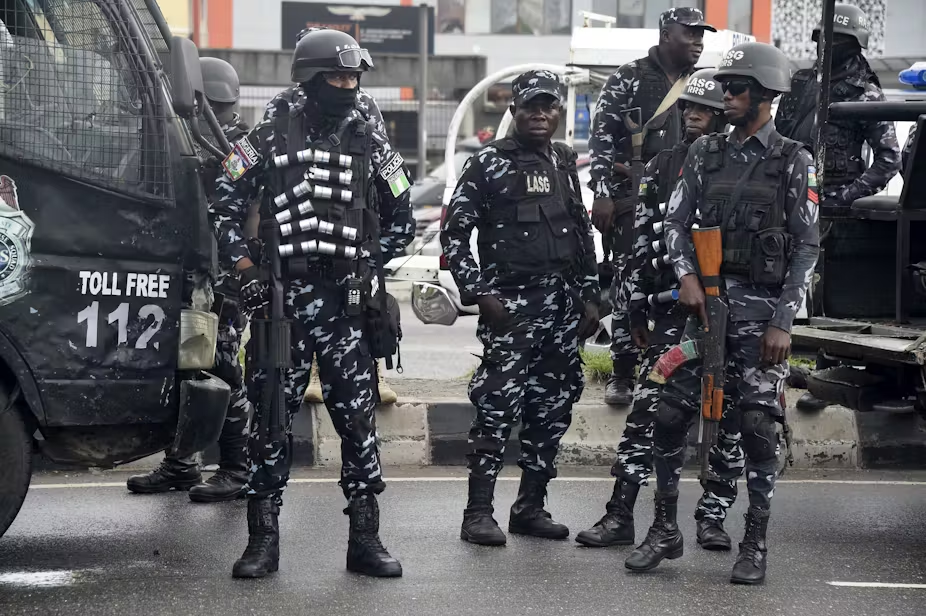by Gil Troy
With many pollsters declaring today’s presidential election “too close to call,” Americans face the third of four nail-biting Election Days since 2000. Barack Obama’s decisive 2008 win now seems to be the 21st-century anomaly.
In 2000, I left CTV studios in Montreal at 2:00 in the morning, without having called the election between George W. Bush and Al Gore. Many network anchors had declared Mr. Gore the winner, but the Republican activist Mary Matalin had suggested early on that Florida would be contentious, and her warning made me cautious. Four years later, as I arrived at the CTV studio in Toronto around 5:00 p.m. on election day, the networks’ exit polls were proclaiming the victor to be senator John Kerry, not president George W. Bush.
While giving me a healthy skepticism regarding polls and reaffirming my respect for the actual balloting process, these repeat photo finishes show that America remains divided down the middle, with small-government, tax-cutting, pro-life, pro-gun Red-State Americans opposed to big-government, tax-and-spend, pro-choice, anti-gun Blue Staters.But these close presidential contests also reflect a different kind of political crisis – a plummeting faith in politics, and a diminishing commitment to one’s candidate of choice.
This year’s first debate shook up the race because the race was already volatile – neither candidate had made the sale to the American people. Barack Obama is an embattled president, with low public approval ratings, as Americans struggle with high unemployment, diminished purchasing power, trillion-dollar budget deficits and growing despair. Mitt Romney has been an embattled challenger; with historically high negatives in the polls, he is pilloried by the right and mocked by the left. With an unpopular challenger facing a no-longer-popular president, millions were open to shifting allegiances.
The result has been a rollicking October, with Mr. Romney narrowing the gap and Mr. Obama turning testy. The final debate excited pundits and Democratic partisans, as the president slammed his opponent. But going negative is like banging the table in arguments – it broadcasts desperation. And for a politician like Mr. Obama, who captured the nation’s heart four years earlier with a campaign of inspiration and aspiration, his sour tone and harsh rhetoric contradicted his essential public persona.
Of course, the American presidential election should be discussed in the plural, not the singular: because of the Electoral College, it is essentially fifty state elections, and the state electoral votes are more significant than the nationwide popular vote.
Unlike in Canada, no law bans reporters from announcing poll results, speculating, or proclaiming anything. Nevertheless, a self-imposed press prohibition exists to avoid discouraging voters in the western states who continue voting hours after the polls close in the east. In 1980, Jimmy Carter conceded his election too early, while westerners were voting, discouraging Democrats – and hurting some Congressional candidates.
By mid-afternoon, the consortium of television networks will have finished its elaborate exit polling. If there has been a major shift and a landslide is occurring, the tone of coverage will telegraph that – and a website will probably leak the results.
If, as most predict, the polls will be inconclusive, the count will begin in the evening, and the tension will mount hourly. In the east, Virginia, Florida and Pennsylvania will get the most attention, in the midwest Ohio and Wisconsin will be critical, in the west, Colorado and Nevada will be key.
Although an Obama win will seem to vindicate big government, specifically his “Obamacare” health-care program, and a Romney win will cheer small-government conservatives, the two agree on much more than they disagree. Just as Barack Obama kept open Guantanamo Bay despite his campaign promises, just as George W. Bush pumped billions into the economy after the crash despite wanting to shrink government, presidents often govern from the centre.
Governance is not politics. The world looks different from the Oval Office. Moreover, with power fragmented between the executive, legislative and judicial branches, the president can only do so much. Despite all the melodrama about Mitt Romney’s abortion stand and despite five pro-life Republican presidents, abortion has remained legal since the Supreme Court’s 1973 decision.
There will be changes of tone and policy depending on who wins. But as Americans finish their quadrennial civil convulsion, it is worth contemplating just how orderly, how peaceful, how magical the democratic process is – in what remains one of the world’s few functional democracies. We may be in suspense over who will lead the United States for the next four years, but unlike so many countries, there will be no nail-biting about the system’s essential stability and legitimacy – and that is an extraordinary, under-appreciated achievement.
———————————
Gil Troy is a professor of history at McGill University, and the author of Leading From The Center: Why Moderates Make the Best Presidents. His next book, Moynihan’s Moment, will be published next month.
Op-ed pieces and contributions are the opinions of the writers only and do not represent the opinions of Y!/YNaija.













